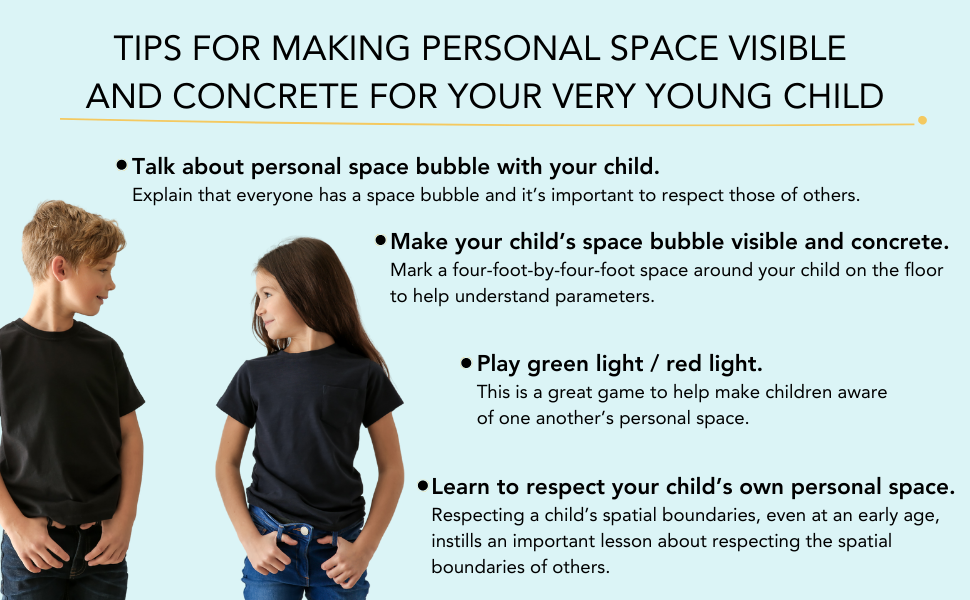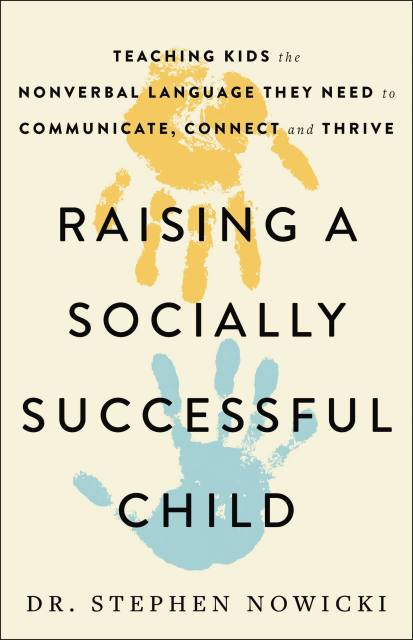By clicking “Accept,” you agree to the use of cookies and similar technologies on your device as set forth in our Cookie Policy and our Privacy Policy. Please note that certain cookies are essential for this website to function properly and do not require user consent to be deployed.
Raising a Socially Successful Child
Teaching Kids the Nonverbal Language They Need to Communicate, Connect, and Thrive
Contributors
Formats and Prices
Price
$14.99Price
$19.99 CADFormat
Format:
- ebook $14.99 $19.99 CAD
- Hardcover $30.00 $39.00 CAD
- Audiobook Download (Unabridged) $24.99
Also available from:
“A brilliant…and perfectly timed” (William Stixrud, co-author of The Self-Driven Child) book showing how parents and educators can help children master the nonverbal language of social connection and success
We all want our kids learn the social skills they need to thrive. Yet many of today’s kids are struggling to connect, often with no apparent reason why.
In most cases, the explanation is simple: a child hasn’t fully mastered the nonverbal language of everyday social interaction, like how to take turns in a conversation, how to respect boundaries of personal space, or how to tell whether a friend is feeling happy or sad.
And yet, children aren’t taught nonverbal skills in the same formalized way they are taught reading and writing. Instead, they are expected to absorb these skills at school, home, and on the playground. But between the steep rise in screen time and the social learning lost to Covid quarantines and school closures, today’s kids have had fewer opportunities to learn the rules of nonverbal behavior.
Fortunately, parents and teachers can help kids shore up these essential skills. In Raising a Socially Successful Child, Dr. Stephen Nowicki reveals how to identify the nonverbal areas where a child might be struggling, and equips readers with a set of simple exercises to help any child learn how to:
Drawing on decades of research, as well as dozens of stories from across the country, Raising a Socially Successful Child is the practical guide to helping children master the nonverbal skills they need to succeed in childhood, and their adult lives.
We all want our kids learn the social skills they need to thrive. Yet many of today’s kids are struggling to connect, often with no apparent reason why.
In most cases, the explanation is simple: a child hasn’t fully mastered the nonverbal language of everyday social interaction, like how to take turns in a conversation, how to respect boundaries of personal space, or how to tell whether a friend is feeling happy or sad.
And yet, children aren’t taught nonverbal skills in the same formalized way they are taught reading and writing. Instead, they are expected to absorb these skills at school, home, and on the playground. But between the steep rise in screen time and the social learning lost to Covid quarantines and school closures, today’s kids have had fewer opportunities to learn the rules of nonverbal behavior.
Fortunately, parents and teachers can help kids shore up these essential skills. In Raising a Socially Successful Child, Dr. Stephen Nowicki reveals how to identify the nonverbal areas where a child might be struggling, and equips readers with a set of simple exercises to help any child learn how to:
- Follow the rhythm of conversations
- Express and read emotions in facial expressions and body language
- Understand the difference between appropriate and inappropriate touch
- Sense a person’s mood based on their tone of voice
- And more
Drawing on decades of research, as well as dozens of stories from across the country, Raising a Socially Successful Child is the practical guide to helping children master the nonverbal skills they need to succeed in childhood, and their adult lives.
Genre:
-
“Nowicki describes a current crisis — children who cannot form connections—but suggests a path away from danger. It’s a program for every adult with a child in their life, a book of hard truths and hope.”Sherry Turkle, MIT Professor, author of Alone Together, Reclaiming Conversation, and The Empathy Diaries
-
“The Covid crisis has taught us how much we remain primates. We crave physical closeness and face-to-face nonverbal exchange. In a lively account based on his rich experience as psychotherapist, Stephen Nowicki teaches us how to enhance children’s skills to connect with others.”Frans de Waal, author of Mama’s Last Hug
-
“Another brilliant book from a true master of facilitating children’s social skill development. I’ve been recommending Dr. Nowicki’s books to parents for many years, and this one is now at the top of the list. Raising a Socially Successful Child is a clearly-written manual for teaching the woefully overlooked nonverbal communication skills, and perfectly timed given the challenges to all children’s social development posed by digital technology and the COVID-19 pandemic. A must read for any parent, grandparent, and teacher who wants to do whatever they can to foster the social success of children they care about.”William Stixrud, PhD, clinical neuropsychologist and co-author of The Self-Driven Child and What Do You Say?
- On Sale
- Mar 19, 2024
- Page Count
- 320 pages
- Publisher
- Little Brown Spark
- ISBN-13
- 9780316516877
Newsletter Signup
By clicking ‘Sign Up,’ I acknowledge that I have read and agree to Hachette Book Group’s Privacy Policy and Terms of Use










